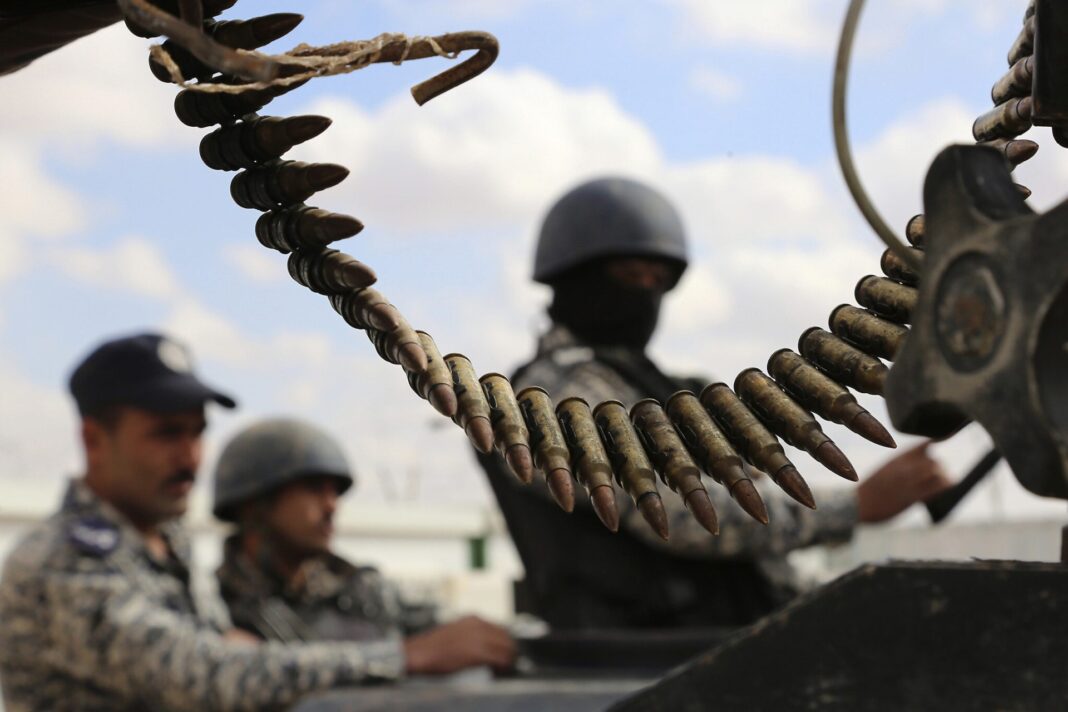A report on the Jordanian army’s website on Thursday said it thwarted several suspected attempts to smuggle drugs from Syria, and that large quantities of narcotics were seized in separate interventions where several people were wounded.
The army announced it also found large quantities of drugs hidden in Syrian trucks passing through Jordan’s main border crossing.
It added it was “continuing to apply the newly established rules of engagement and will strike with an iron fist and deal with force and firmness with any infiltration or smuggling attempts to protect the borders”.
Earlier this month, Jordan’s military announced an army officer was killed in a shoot-out with smugglers along the long porous border it shares with Syria.
Jordan is home to more than 650,000 Syrian refugees who fled the war that has raged there for more than 10 years.
In September, Syrian and Jordanian officials discussed border security after Syrian government forces captured rebel-held areas along the Jordanian frontier.
A month later, Jordan’s King Abdullah II spoke with Syrian President Bashar al-Assad for the first time in a decade after the two countries reopened a key border crossing.
An illegal drug industry has flourished in Syria after 10 years of war. In recent years, it has emerged as a hotspot for making and selling captagon, an illegal amphetamine.
Syria and Lebanon have become gateways for the drug to the Middle East, particularly the Persian Gulf.
Jordanian officials claim Lebanon’s Hezbollah group and other armed groups who control much of southern Syria are behind the surge in smuggling. Hezbollah denies the accusations.
The United Nations Office of Drugs and Crime stated in a 2014 report that the amphetamine market is on the rise in the Middle East, with busts mostly in Saudi Arabia, Jordan and Syria accounting for more than 55 percent of amphetamines seized worldwide.
